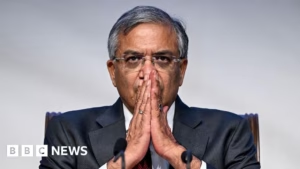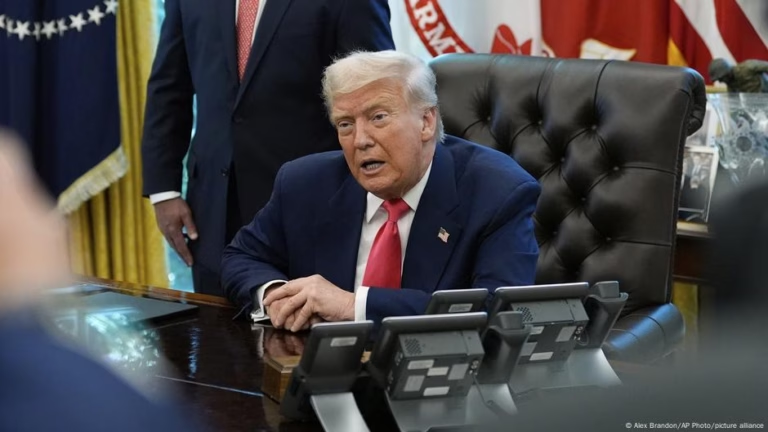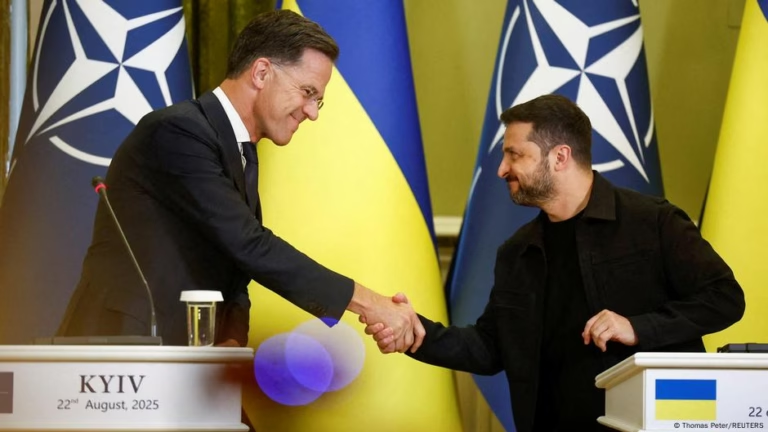The current political atmosphere in Germany is characterized by a sense of disbelief and urgent reassessment. Following a weekend that highlighted how the geopolitical landscape has drastically altered, German politicians are working to adapt. Central to this shift is the need to adopt a firmer stance towards the US and Russia, alongside a significant strengthening of military capabilities.
According to political scientist Carlo Masala, the US is unlikely to be a reliable partner for Europe in terms of values and interests. Nevertheless, when interests align, Masala argues that Europe could become a more appealing partner to the US, provided Europe maintains its independence and sovereignty.
This shift in perspective follows a scandal at the White House where US President Donald Trump publicly clashed with Ukrainian President Volodymyr Zelenskyy, disavowing solidarity with him. This event underscores the changing dynamics, with Claudia Major from the German Institute for International and Security Affairs indicating that the US, traditionally Germany’s ally, is now a security risk for Europe.
The unfolding situation has come at a critical time for Germany as it navigates the formation of a new government following recent federal elections. Friedrich Merz, the conservative candidate expected to lead the next government, faces challenges in formulating a strong European policy, especially concerning security and military questions. The emphasis on bolstering the Bundeswehr’s defenses signifies a new era of self-reliance and cooperation among European countries.
Lars Klingbeil, the Social Democratic Party leader and potential candidate for the position of Germany’s next foreign minister, views the recent events as a “wake-up call” for Europe, stressing the crucial role of Germany in ensuring European stability alongside France and Poland. The discussions have also turned towards the possibility of establishing a “special fund” to finance significant military investments, which could amount to up to €400 billion. This move would require a two-thirds majority in the German parliament, a challenge given the current composition of the legislature.
The political landscape is rapidly evolving, with a focus on the upcoming negotiations between the CDU/CSU and the SPD to form a new government soon. The imperative to define how Germany can ensure its security in light of diminished reliance on the US is at the forefront of these discussions. Chancellor Olaf Scholz is set to meet with Friedrich Merz to explore these questions further, marking a decisive period for Germany’s future policy stance.
Source: https://www.dw.com/en/germany-reviews-us-ties-after-zelenskyy-trump-clash/a-71815496?maca=en-rss-en-all-1573-rdf








